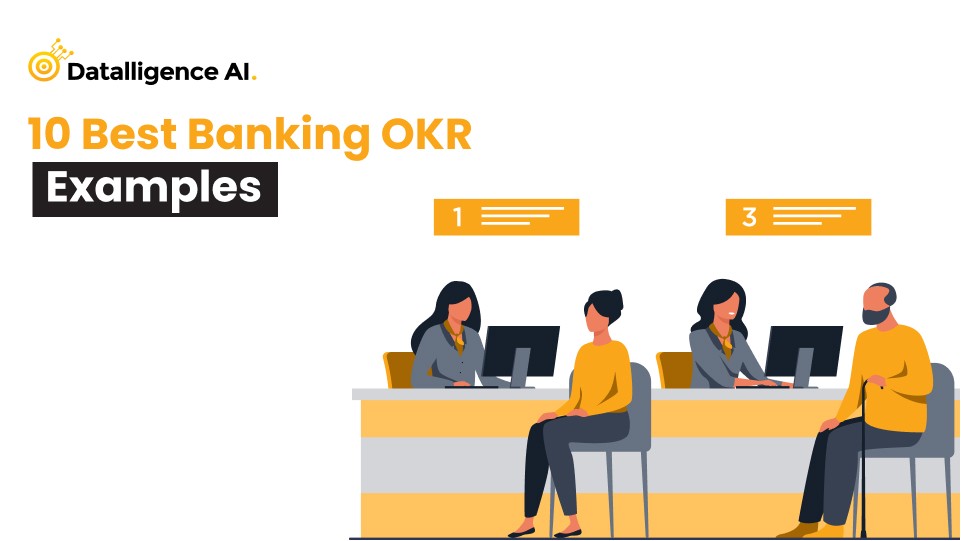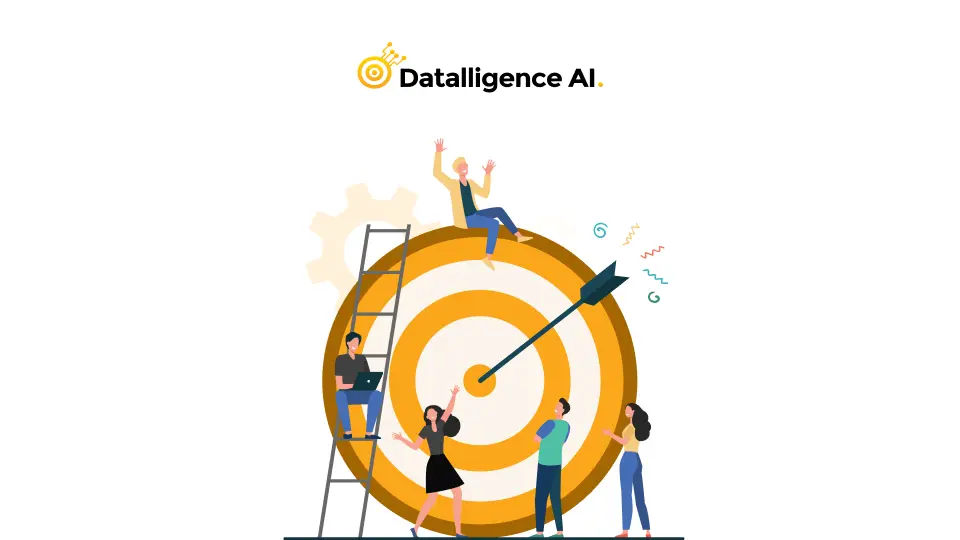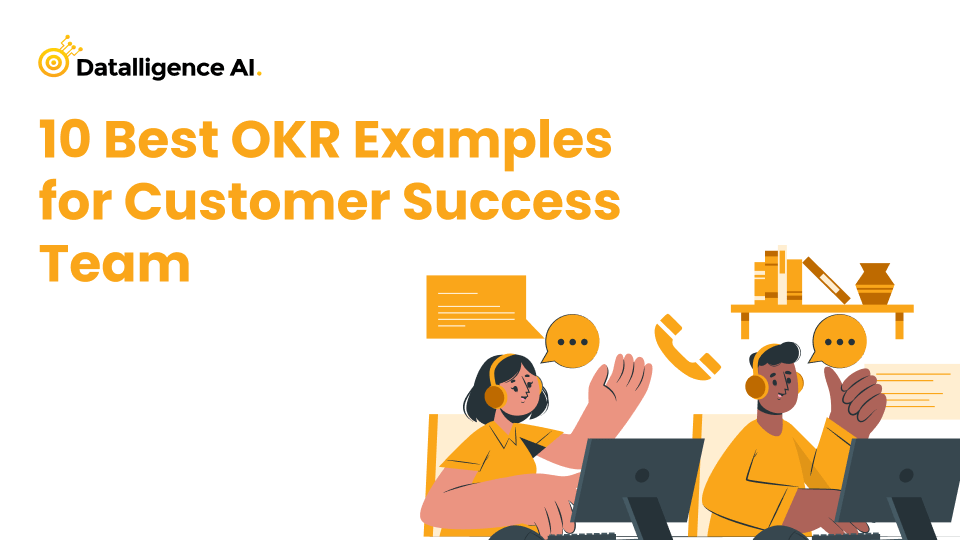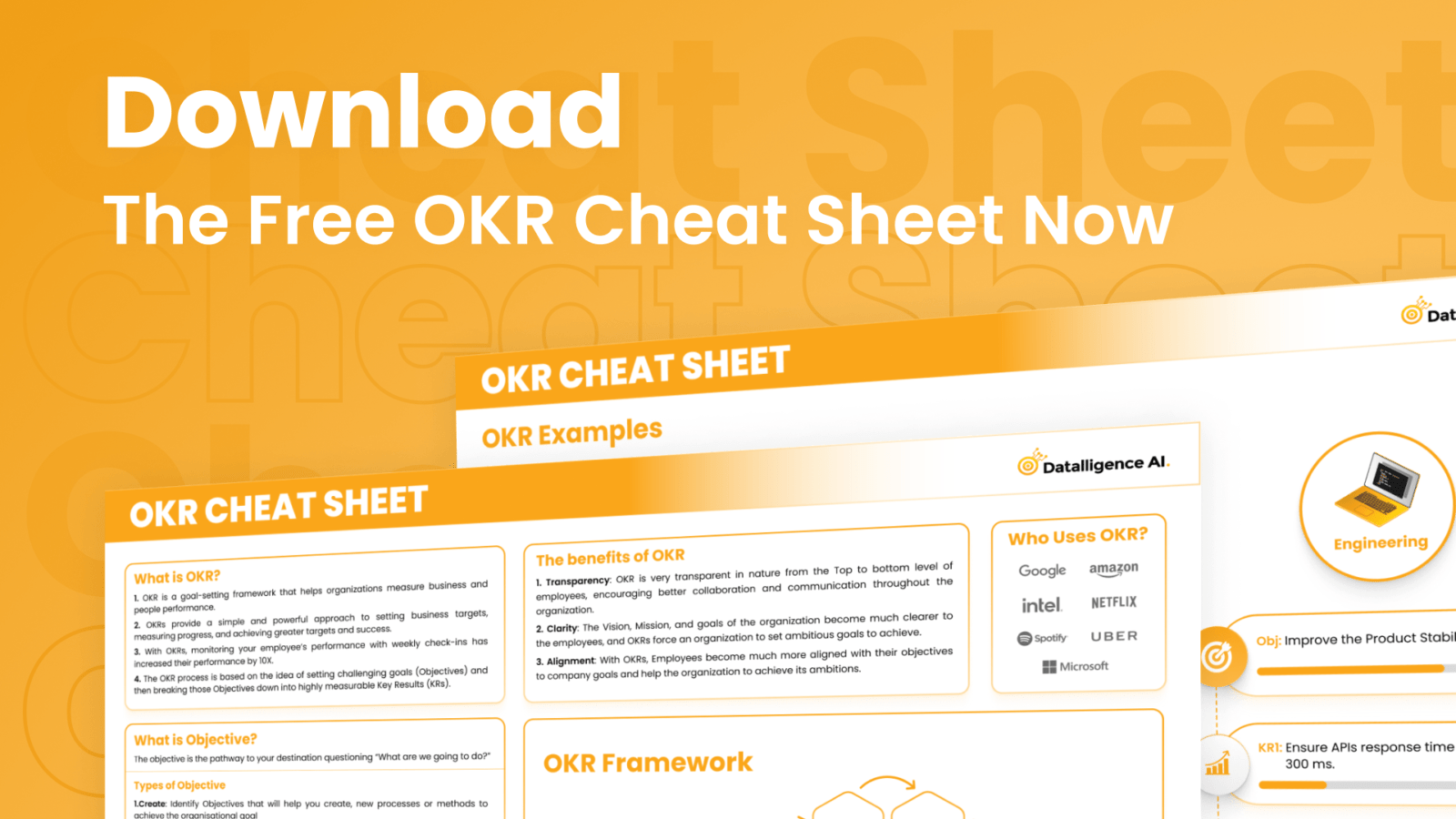In today’s rapidly evolving workplace, traditional performance management approaches are becoming obsolete. As we step into 2025, organizations must adopt more dynamic, technology-driven, and human-centric performance management strategies to unlock their team’s full potential. This comprehensive guide explores 15 cutting-edge performance management strategies that will transform how businesses nurture, evaluate, and develop their most valuable asset: their people.
Embrace Continuous Performance Feedback
Gone are the days of dreaded annual reviews that feel like a retrospective punishment. Modern organizations are shifting towards continuous, real-time feedback mechanisms that provide ongoing insights and support. By implementing weekly check-ins, digital feedback tools, ands instant communication platforms, companies can create a more transparent, responsive performance management culture. This approach allows for immediate course correction, recognition of achievements, and consistent professional development.
A strong feedback culture encourages employees to proactively improve their performance while feeling valued and engaged. Organizations must train managers to provide constructive, actionable feedback that fosters growth rather than criticism. Performance management strategies should integrate AI-driven feedback tools that track employee progress, offering data-driven insights into strengths and development areas.
Develop Personalized Goal-Setting Frameworks
The one-size-fits-all approach to goal setting is dead. In 2025, successful organizations will adopt more flexible and personalized goal-setting methodologies like Objectives and Key Results (OKRs). These frameworks enable employees to set meaningful, adaptable goals that directly align with organizational objectives while providing individual autonomy and purpose. The key is creating goals that are challenging yet achievable and that can quickly adapt to changing business landscapes.
Employees perform better when they feel their work contributes to the bigger picture. Performance management strategies should include periodic goal reviews to ensure alignment with evolving company priorities. Encouraging employees to define their own stretch goals, supported by structured guidance from managers, enhances motivation, accountability, and professional growth.
Implement AI-Powered Performance Analytics
Artificial Intelligence is revolutionizing performance management. Advanced analytics can now provide predictive insights into employee performance, potential skill gaps, and development opportunities. By leveraging machine learning algorithms, organizations can:
Identify emerging talent
Predict potential performance issues before they escalate
Create data-driven, objective performance assessments
Recommend personalized learning and development paths
AI-powered analytics eliminate biases and enhance decision-making by offering real-time performance tracking. Organizations that integrate AI into their performance management strategies can move from subjective evaluations to objective, data-backed assessments, ensuring fairer and more effective talent management. Moreover, AI tools can provide managers with intelligent recommendations on coaching and career development, optimizing employee potential.
Culture of Psychological Safety
Performance management isn’t just about metrics—it’s about creating an environment where employees feel safe to take risks, share ideas, and grow. Psychological safety means team members can be vulnerable, admit mistakes, and seek help without fear of ridicule or punishment. Leaders must actively work to:
Encourage open communication
Normalize learning from failures
Celebrate innovative thinking
Create supportive team dynamics
Organizations with high psychological safety see increased collaboration, creativity, and engagement. Effective performance management strategies should include leadership training to cultivate a culture of trust. When employees feel psychologically safe, they contribute more openly, take calculated risks, and drive innovation, leading to higher performance and business success.
Prioritize Employee Well-being and Mental Health
High performance cannot exist without holistic well-being. In 2025, top organizations will integrate mental health and wellness directly into their performance management strategies. This means:
Offering comprehensive wellness programs
Providing mental health resources
Encouraging work-life balance
Training managers to recognize and support employee burnout
Creating flexible work arrangements that support overall life quality
When organizations prioritize employee well-being, productivity, and retention improve. Employees who feel supported in managing their mental health are more engaged and resilient. Companies must take proactive steps by offering counseling services, wellness stipends, and stress management training as part of a well-rounded performance management framework.
Enhance Remote and Hybrid Work Performance Tracking
With distributed teams becoming the norm, performance management must evolve. Effective strategies for remote and hybrid work include:
Developing clear, outcome-based performance metrics
Utilizing collaborative digital tools
Ensuring equitable evaluation across different work environments
Building trust through transparent communication
Providing technology that supports seamless remote collaboration
Performance management strategies for remote teams must ensure fairness and accountability. Managers should focus on measuring outcomes rather than hours worked, emphasizing deliverables and results. Companies can use digital collaboration tools, virtual check-ins, and asynchronous updates to maintain productivity while ensuring employees have flexibility in how they work.
Invest in Continuous Learning and Development
The rapid pace of technological change demands constant upskilling. Performance management in 2025 will focus on:
Creating personalized learning pathways
Implementing microlearning strategies
Providing access to online courses and training
Supporting both vertical and lateral career development
Allocating dedicated time and resources for skill enhancement
Investing in learning and development ensures employees remain competitive and engaged. Organizations must offer structured learning programs tailored to individual career growth. Performance management strategies should incorporate skill assessments, mentorship programs, and internal mobility initiatives to help employees explore new roles and expand their expertise.
Data-Driven Performance Coaching
Coaching is no longer a one-off activity but a continuous, data-informed process. By using analytics, organizations can:
Identify individual coaching needs
Develop targeted development plans
Train managers in effective coaching techniques
Create personalized growth strategies
Track the impact of coaching interventions
Data-driven coaching enhances employee performance by providing actionable insights. Managers can leverage AI-driven coaching tools to tailor their guidance to each employee’s unique strengths and challenges. Performance management strategies that emphasize personalized coaching help employees unlock their full potential while fostering a culture of continuous improvement.
Transparent and Fair Recognition Systems
Recognition goes beyond monetary rewards. In 2025, successful organizations will create multi-dimensional recognition programs that:
Celebrate diverse types of achievements
Provide multiple recognition channels
Ensure fairness and eliminate bias
Align rewards with organizational values
Encourage peer-to-peer recognition
Effective performance management strategies should integrate structured, equitable recognition systems. When employees feel acknowledged for their contributions, morale and motivation increase. Organizations should leverage real-time recognition platforms that allow employees and managers to celebrate accomplishments instantly, reinforcing positive workplace culture.
Conclusion
Performance management in 2025 is about creating human-centric, technology-enabled ecosystems that support continuous growth, learning, and development. By implementing these performance management strategies, organizations can create workplaces that not only drive performance but also inspire, engage, and retain top talent.
The future of work is not about controlling employees but about empowering them to reach their full potential.












